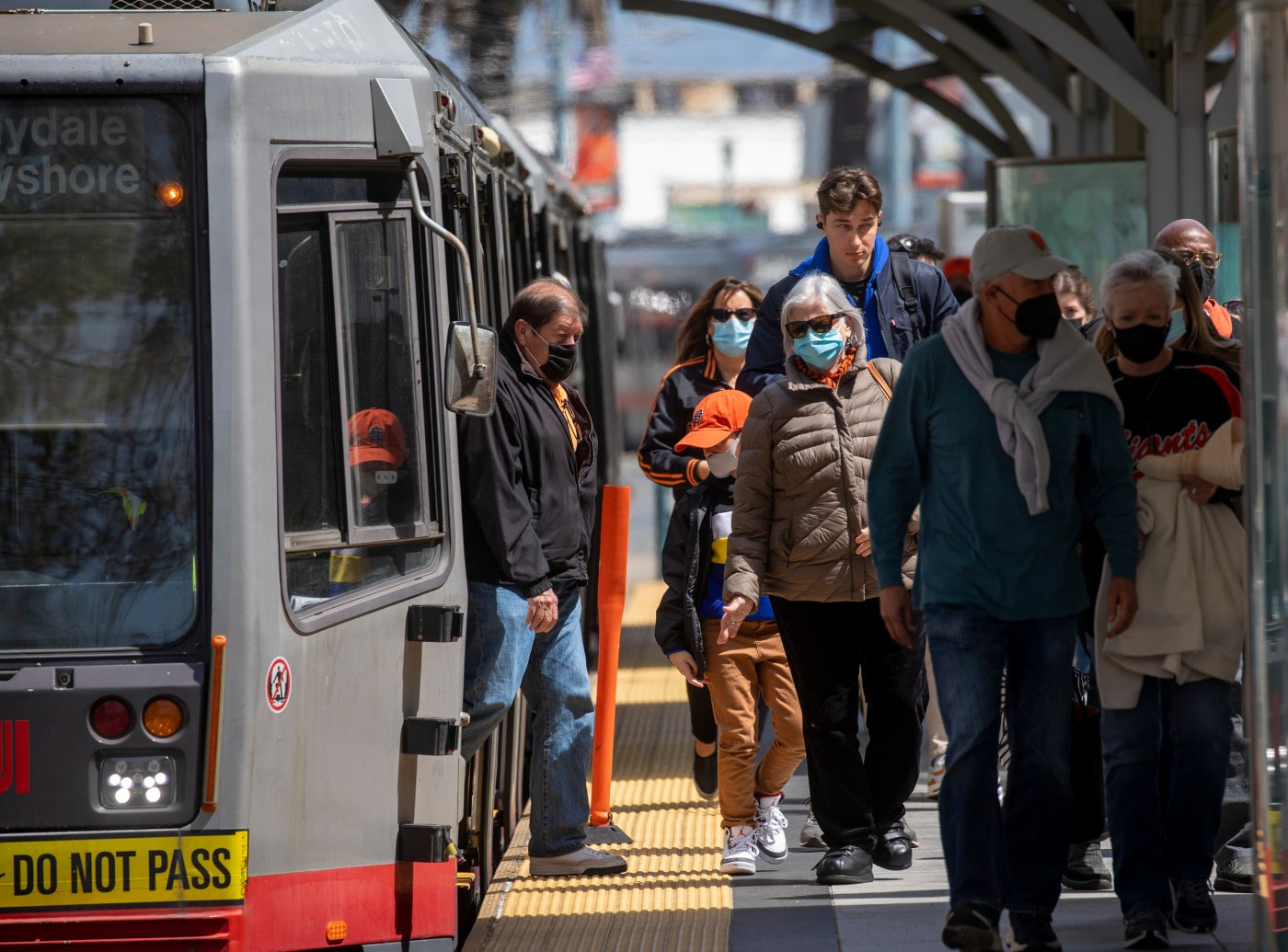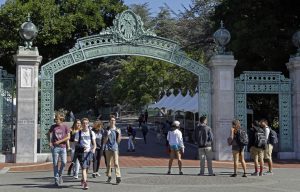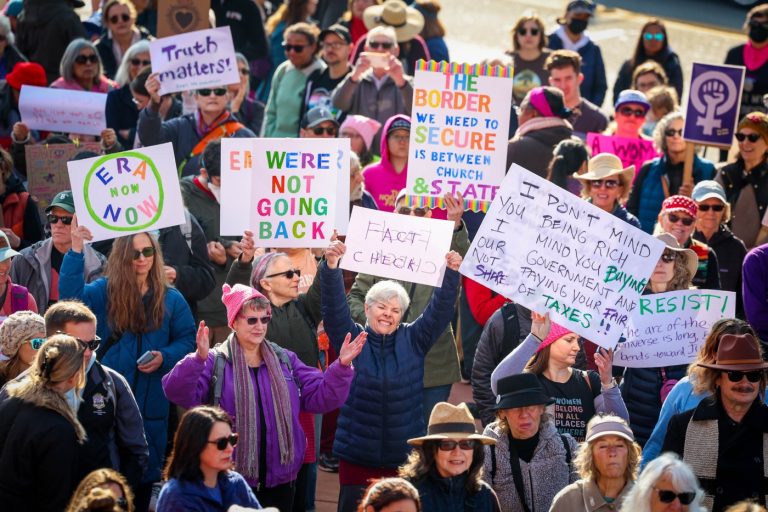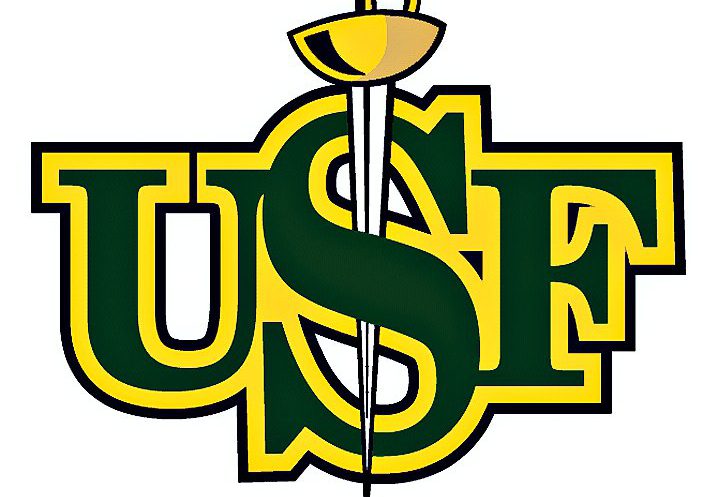Oakland is once again handing out pre-loaded debit cards to low-income residents and workers to help cover the costs of public transportation.
Following on the success of the 2021-22 Universal Basic Mobility (UBM) project in East Oakland, the city has begun distributing 1,000 debit cards to low-income West Oakland residents and workers who sign up and take a brief survey.
The debit cards are loaded with $160 that can be transferred to a Clipper card and used on BART, AC Transit, BayWheels bike share, Lime and VeoRide E-scooters, Amtrak and other forms of public transportation. The cards cannot be used for ride-sharing services such as Uber and Lyft. When the funds run out, the cards will be reloaded with an additional $160.
To be eligible, participants must live or work in West Oakland and earn less than the area median income of $103,500 annually for a single person and up to $192,250 for an eight-person household, city officials said. When the city ran a similar program in East Oakland two years ago, 44 % of participants were from households reporting annual incomes of less than $25,000.
“Too many West Oakland residents struggle to afford their transportation costs. This innovative project will help 1,000 low-income West Oaklanders afford sustainable modes of transit like BART, AC Transit, BayWheels and E-scooters, while reducing auto dependence and wear and tear on our roads,” said Josh Rowan, the city’s transportation director.
This is the second time Oakland has distributed debit cards to low-income people for public transportation costs. A project two years ago distributed $300 debit cards to 500 East Oakland residents with positive results, city officials said.
More than 65% of participants used the card to primarily pay for trips to work or school, according to a city report.
Related Articles
Suspect arrested in Tri-Valley BART stabbing
Report: A Bay Area without BART would impact housing, traffic and the economy
Shuttles, public transit running to Rolling Stones show, BART selling ugly sweaters, Oakland issues free transit debit cards
Silicon Valley business leaders double down on push to get federal money for BART extension
Wayside fire causes Richmond BART station closure, train delays
And at least 40% of participants changed the way they traveled as a result of the program, with 23% driving alone less. UC Davis researchers who studied the East Oakland project found that there was a real need for the program because households with 80% of the area median income spent 24% of their income on transportation, compared to the 16% national average.
East Oakland is also considered a food desert so getting groceries can be tough without a car. The ratio of grocery stores to residents in the East Oakland flatlands is one to every 93,126 residents, a stark contrast to the more affluent Oakland hills neighborhoods, where the ratio of grocery stores to residents is one to 13,778, UC Davis researchers found.
The latest project is funded by a $400,000 grant from the Alameda County Transportation Commission. The grant will also fund upgrades to up to 14 bus stops and remove abandoned railways. Anyone interested in signing up for the program can do so online at the city’s website or at the West Oakland Farmers Market on Sunday from 10 a.m. to 2 p.m.












